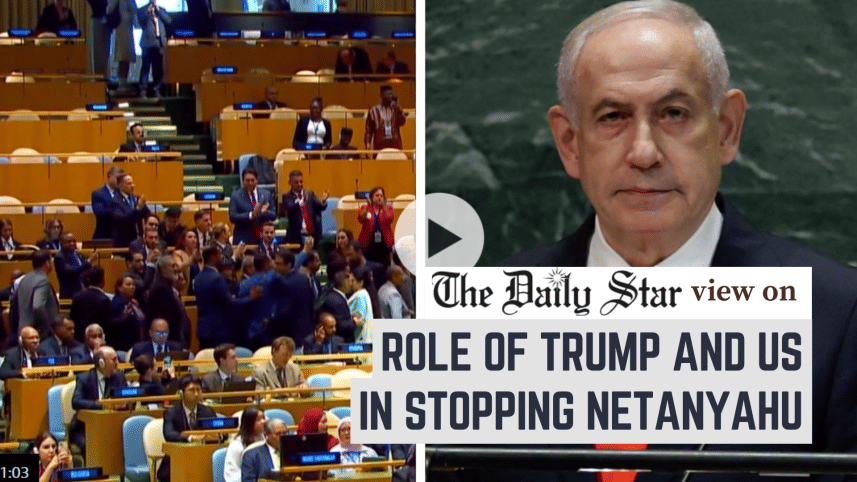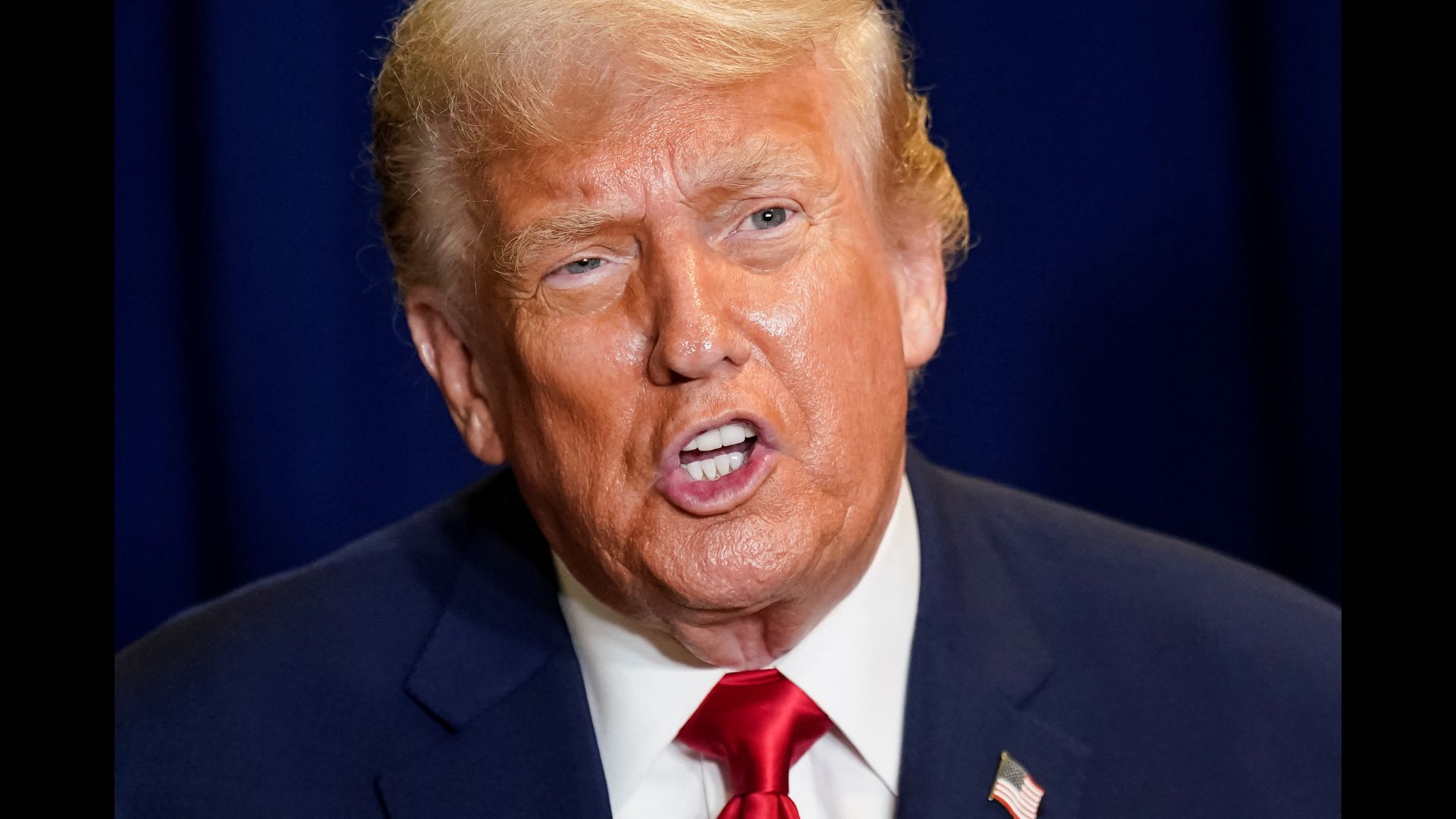Gaza genocide calls for decisive, not symbolic, response

Nobody in the world today—or since the end of the Second World War—perhaps resembles Adolf Hitler as Benjamin Netanyahu does. The genocide carried out by Hitler against the Jews is now being replicated by Netanyahu in killing the Palestinians, with the death toll from the ongoing war itself nearing 66,000, many among them children. The label given to him by many—"child killer of the century"—is richly deserved. He is now systematically targeting the surviving people of Gaza through mass starvation and blockade.
Amid this heartbreaking reality, a slight ray of hope is the unprecedented coming together of the international community behind the Palestinian cause. The recent walk-out of most UN delegates when Netanyahu rose to speak marked the global disgust at Israeli actions personified by its prime minister. Colombia's President Gustavo Petro called for the formation of an international army "as an integral part of humanity, to bring together weapons and armies to defend Palestine." Chile's President Gabriel Boric demanded that Netanyahu and his team be brought before an international court of justice for genocide. Slovenia's president called for an immediate stop of the genocide. Earlier, with recognition by the UK and France, four out of the five UN veto power countries—UK, France, Russia, and China—recognised the Palestinian state, along with 157 out of 193 UN members.
In many ways, however, this massive UN and veto-power support for Palestine remains largely symbolic, as no one has been able to stop the daily genocide. Realism dictates that without the involvement of the United States, meaningful action is unlikely. Here, the partial good news is that President Trump has declared the US will "not allow" the Israeli plan to occupy the West Bank. We urge him to use the same authoritative language to immediately halt the killing of the people of Gaza.
Amid these developments, the BBC and The Economist have reported on the possibility of the formation of a "Gaza International Transitional Authority" headed by former UK premier Tony Blair, with "supreme political and legal authority" for five years, after which full authority would revert to the Palestinian Authority in Ramallah, West Bank. This plan, rather than restoring the rights of the Palestinian people, seeks Western concentration of power for five years, but to do what, really? Given Mr. Blair's controversial role during the Iraq invasion—where he supported the justification of war based on false claims of WMDs—and his unsuccessful tenure as the Quartet's special envoy for the Middle East between 2007 and 2015, he is hardly a person to be entrusted with the future of Gaza. Besides, the Tony Blair Institute's alleged links with the controversial "Riviera" project in Gaza, floated by President Trump, raises serious conflict-of-interest concerns.
The most urgent actions needed now are stopping the genocide immediately; forcing Israel to cease killing Palestinians in Gaza and the West Bank; ending the supply of lethal and offensive weapons to Israel; and recognising the Palestinian state by truly re-enforcing Palestinian rights. Only after delivering on those can the world consider a political setup for a transitional authority. Here, President Trump has an opportunity to earn a place in history by bringing about a fair and just deal for the Palestinians. Will he do that?



 For all latest news, follow The Daily Star's Google News channel.
For all latest news, follow The Daily Star's Google News channel. 

Comments